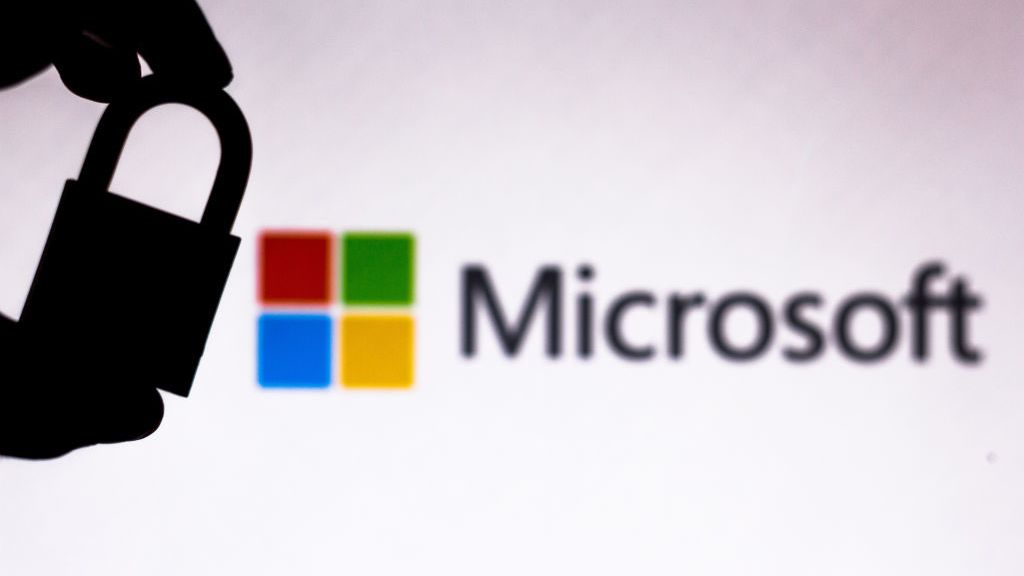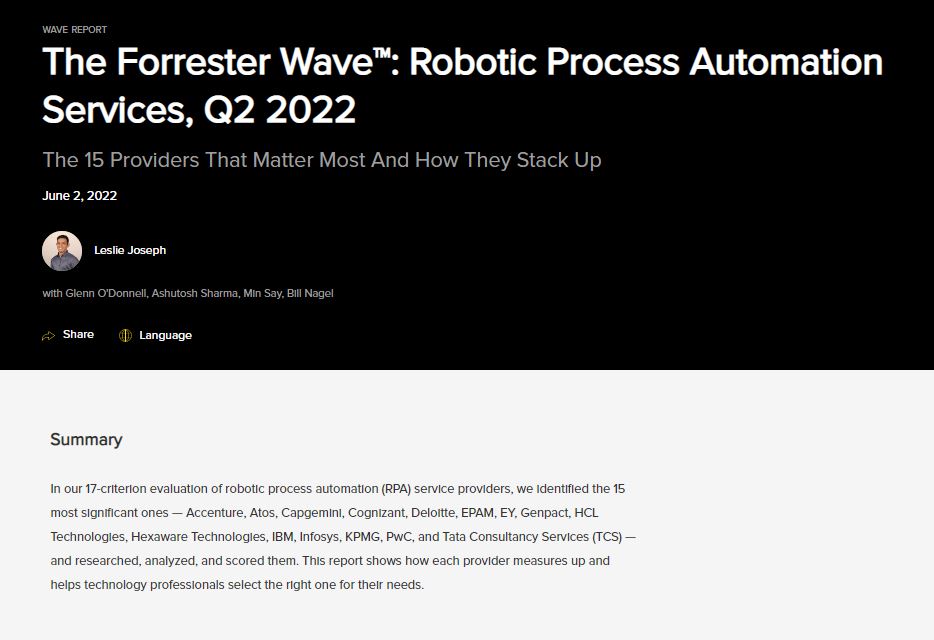Hackers target business cloud environments by abusing Microsoft’s ‘verified publisher’ status
Proofpoint research found that hackers deliberately abused verification procedures to dupe firms with malicious apps


Microsoft has shut down a cyber criminal campaign attacking business' cloud environments by abusing a verification mechanism in the Microsoft Cloud Partner Programme (MCPP).
The cyber criminals' efforts, which involved exploiting third-party OAuth apps, were spotted in December 2022 and quickly stopped by Microsoft to prevent data theft.
Security firm Proofpoint uncovered the "malicious campaign" in which hackers created fraudulent OAuth apps that were able to satisfy Microsoft's verification requirements for authorised publishers.
As part of the campaign, threat actors used consent phishing' techniques to manipulate organisations into granting access to the malicious OAuth app and subsequently gain access to data including emails, company files, mailbox settings, and assorted datasets.
“We observed that the malicious apps had far-reaching delegated permissions such as reading emails, adjusting mailbox settings, and gaining access to files and other data linked to the user’s account,” researchers said.
“The potential impact to organisations includes compromised user accounts, data exfiltration, brand abuse of impersonated organisations, business email compromise (BEC) fraud, and mailbox abuse.”
OAuth abuse unpacked
OAuth is an open authentication and authorisation standard used by Microsoft and a host of major tech companies such as Facebook and Google.
Sign up today and you will receive a free copy of our Future Focus 2025 report - the leading guidance on AI, cybersecurity and other IT challenges as per 700+ senior executives
OAuth enables users to share account information with third-party applications, acting as an “intermediary” between the user and the service, to provide an access token that authorises the sharing of specific account information.
In this instance, Proofpoint said threat actors deliberately abused Microsoft’s verified publisher status to leverage malicious OAuth applications and target potential victims.
Microsoft provides app publishers with this status after verifying their identity via the Microsoft Cloud Partner Programme. This means that users impacted by this attack method likely interacted with malicious apps due to a belief that they were authorising legitimate third-party applications.
“As users, we naturally trust verified accounts more,” Proofpoint said. “It is the same in the enterprise world with third-party OAuth app publishers verified by Microsoft. Unfortunately, threat actors have recognised the value of the verified status in the Microsoft environment.”
Proofpoint highlighted that this attack method was also “less likely” to be detected by organisations compared to traditional targeted phishing or brute force attacks.
RELATED RESOURCE

The Forrester Wave™: Robotic Process Automation Services
The 15 providers that matter most and how they stack up
“Organisations typically have weaker defence-in-depth controls against threat actors using verified OAuth apps,” researchers added.
OAuth protocols have been abused in the past, research shows. A 2021 study by Proofpoint uncovered similar techniques by threat actors and found that more than 180 malicious applications had been actively exploited.
In September last year, malicious OAuth apps were used in a campaign to compromise Microsoft customer cloud environments and Exchange Online settings.
Thousands of GitHub users were also targeted using malicious OAuth apps which enabled hackers to exfiltrate business-critical data.
Fix issued by Microsoft
After Microsoft was informed of the Proofpoint research, the company said it disabled malicious applications and has coordinated with affected customers to remedy the situation.
The firm has also implemented “several additional security” measures to improve MCPP vetting procedures to mitigate the risk of similar behaviour in the future.
In a statement detailing the attack, the tech giant confirmed that threat actors had successfully impersonated legitimate providers to enrol in the Cloud Partner Programme.
“The actors used fraudulent partner accounts to add a verified publisher to OAuth app registrations they created in Azure AD,” the company said.
“The applications created by these fraudulent actors were then used in a consent phishing campaign, which tricked users into granting permissions to the fraudulent apps.”
UK organisations affected
Microsoft revealed that this phishing campaign targeted a “subset of customers” primarily based in the UK and Ireland.
Proofpoint's research found that threat actors targeted “mainly UK-based organisations and users”, which Microsoft confirmed in its statement.
Targeted users included senior financial and marketing personnel, Proofpoint found, as well as “high-profile users such as managers and executives”.

Ross Kelly is ITPro's News & Analysis Editor, responsible for leading the brand's news output and in-depth reporting on the latest stories from across the business technology landscape. Ross was previously a Staff Writer, during which time he developed a keen interest in cyber security, business leadership, and emerging technologies.
He graduated from Edinburgh Napier University in 2016 with a BA (Hons) in Journalism, and joined ITPro in 2022 after four years working in technology conference research.
For news pitches, you can contact Ross at ross.kelly@futurenet.com, or on Twitter and LinkedIn.
-
 Microsoft unveils Maia 200 accelerator, claiming better performance per dollar than Amazon and Google
Microsoft unveils Maia 200 accelerator, claiming better performance per dollar than Amazon and GoogleNews The launch of Microsoft’s second-generation silicon solidifies its mission to scale AI workloads and directly control more of its infrastructure
-
 Infosys expands Swiss footprint with new Zurich office
Infosys expands Swiss footprint with new Zurich officeNews The firm has relocated its Swiss headquarters to support partners delivering AI-led digital transformation
-
 Maximizing Microsoft 365 Security: How Cloudflare enhances protection and adds value
Maximizing Microsoft 365 Security: How Cloudflare enhances protection and adds valueWebinar Strengthen your defenses, proactively block attacks, and reduce risks
-
 VPN replacement phases: Learn others’ real-world approaches
VPN replacement phases: Learn others’ real-world approachesWebinar Accelerate Zero Trust adoption
-
 Understanding NIS2 directives: The role of SASE and Zero Trust
Understanding NIS2 directives: The role of SASE and Zero TrustWebinar Enhance cybersecurity measures to comply with new regulations
-
 From legacy to leading edge: Transforming app delivery for better user experiences
From legacy to leading edge: Transforming app delivery for better user experiencesWebinar Meet end-user demands for high-performing applications
-
 Navigating evolving regional data compliance and localization regulations with Porsche Informatik
Navigating evolving regional data compliance and localization regulations with Porsche InformatikWebinar A data localization guide for enterprises
-
 Strategies for improving security team efficiency
Strategies for improving security team efficiencyWebinar Get more value from your digital investments
-
 Understanding NIS2 directives: The role of SASE and Zero Trust
Understanding NIS2 directives: The role of SASE and Zero TrustWebinar Enhance cybersecurity measures to comply with new regulations
-
 Navigating evolving regional data compliance and localization regulations with Porsche Informatik
Navigating evolving regional data compliance and localization regulations with Porsche InformatikWebinar A data localization guide for enterprises